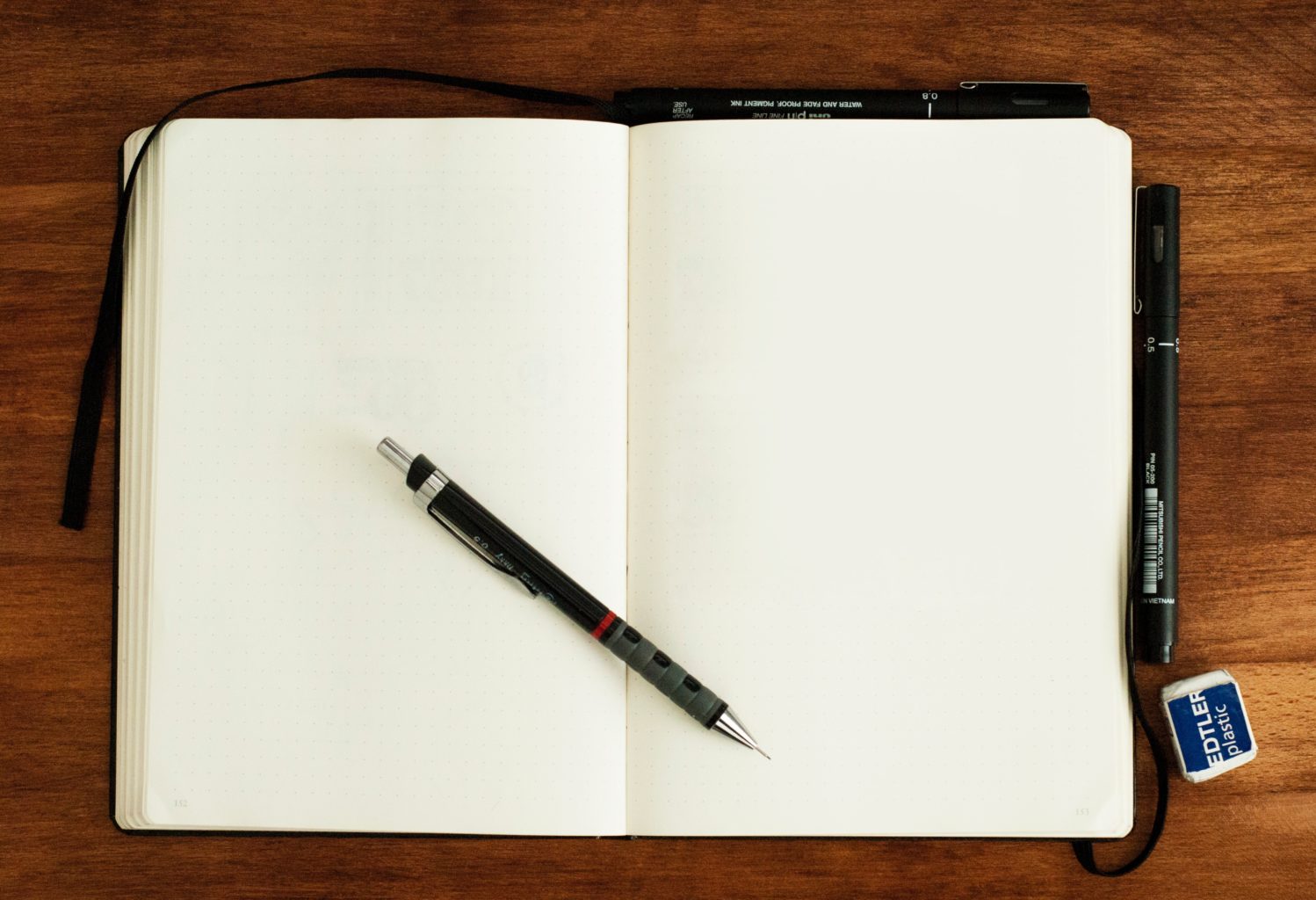Science Explained: The art of procrastination
Pizza or Salad for tea? Pizza. Chocolate or fruit for pudding? Chocolate. Revise your notes from today’s lecture or refresh Twitter for the 107th time? I think you know the answer. Just like you would normally pick something that tastes wonderful over something that tastes mediocre, you are much more likely to choose pleasing tasks to conduct. Your brain likes to pick things that are pleasurable; while avoiding things that displease you.
Unsurprisingly, the consequences of choosing pleasure over rationality aren’t always positive. There you are at the bottom of the tub of ice-cream, comfort eating instead of dealing with what’s upsetting you, which has left you feeling podgy and glum instead of satisfied. It’s the cycle of procrastination, one that is undeniably relatable to us all, especially as students! Although, procrastinating as an alternative to studying can have some much more stressful consequences than the guilt of a 2000 calorie sitting.
Your brain likes to pick things that are pleasurable; while avoiding things that displease you…
Most of us would simply blame procrastination on the fact that the new episode of GoT couldn’t be missed, but there is actually some biological responsibility to be taken in the matter. It goes by the name of dopamine, a neurotransmitter, which is a chemical that is purposely released from the brain to help send messages. When dopamine is released from a pre-synaptic neurone in the brain, it is recognised by receptors on the post-synaptic neurone, and a message can be transmitted. There are well over 100 neurotransmitters present in our bodies, each with different messages to pass on and different destinations to reach! But what messages are dopamine molecules involved in relaying?
Manufactured in two separate regions of the brain, dopamine is multifunctional. Dopamine from one region can help direct movement and speech; hence why common symptoms of Parkinson’s disease (a degenerative disease caused by dopamine deficiency) are loss of speech and a lack of muscle control. However, the dopamine we’re interested in is associated with the brain’s pleasure and reward centre. Essentially, when you do something that is pleasurable, your brain releases dopamine, which makes you feel good. This positive response makes it more likely for you to repeat the action that caused it. Conversely, when you do something that isn’t pleasurable, dopamine isn’t released and you are more likely to avoid that behaviour.
Unfortunately, you can’t just pretend not to be pleasured by something and prevent the release of dopamine…
Now, it’s all well and good understanding why you procrastinate, but how do you stop it? Unfortunately, you can’t just pretend not to be pleasured by something and prevent the release of dopamine. It would be like trying not to sing along to Mariah Carey- simply impossible. So, it’s all about strategies to fool your own mind, and with the new academic year now in full swing, it might be an idea to try out some new revision tactics. Here are some that I swear by…
Reward yourself
If dopamine is the stuff that makes us want to do nice things, then try and incorporate pleasurable things into revision. This could be in the form of rewards. Promise yourself a sweet treat if you reach a certain number of words on your essay, or go out and do something fun, but only once you’ve completed a specific academic chore.
A bit at a time
It can be overwhelming to have to do a large amount of something you don’t enjoy. Everybody could bring themselves to work for an hour, but the thought of spending all day in the library is likely to be hard for even the chirpiest of students. Try and break your work up into small sections, instead of writing a whole essay in one night.
Minimise distraction
I can’t be the only one that keeps checking my phone every two minutes during revision, only to find that no-one has contacted you, can I? Our smartphones can have serious effects on our capability to work, so try putting it in another room, and set yourself a time where you can have a ten minute break to look at it. It also might be worth finding your optimum revision noise level- do you prefer to listen to music or sit in silence? Who knows, a fire revision playlist could make even the most tedious task seem more bearable.
Move around
Exercise releases chemicals called endorphins, which reduce stress and encourage positive feelings. Why not try going for a walk half way through your revision time.
Keep Hydrated
According to U.S Geological Surveys, your brain is 73% water! It therefore needs little explanation as to why drinking plenty of water is so important to maximise brain function.
Plan ahead
Try making a revision plan: to-do lists are great! If you purposely set aside a time slot to get a chore done, there’s no excuse! Obviously teaching yourself to overcome natural behaviour is easier said than done, but hopefully with some of these suggestions, this year will the most productive you’ve ever had!

Comments